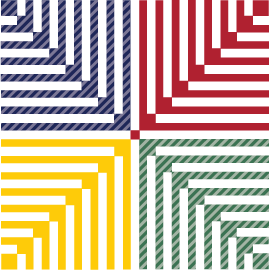chronicles the evolution of construction material used in building Palestinian refugee houses in the Talbieh Refugee Camp in Jordan over the past four decades. By retracing the transformations of refugee homes from tents of canvas to buildings of reinforced concrete, the film looks for visible evidence of displacement. BPFF spoke with Palestinian-Jordanian filmmaker Serene Husni about Zinco, her first film, which makes its USA Premiere at this year’s festival. 

–Kate Rouhana for BPFF
screens Sunday, October 19, 2014 at the Museum of Fine Arts, Boston at 3 pm as part of a thematic slot called Diaspora Blues. Serene Husni will engage in conversation following the film. View full schedule and buy tickets .

